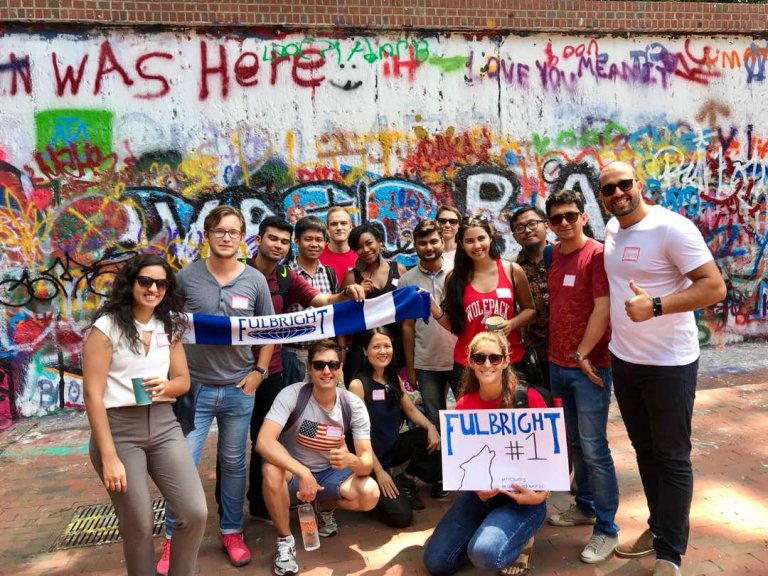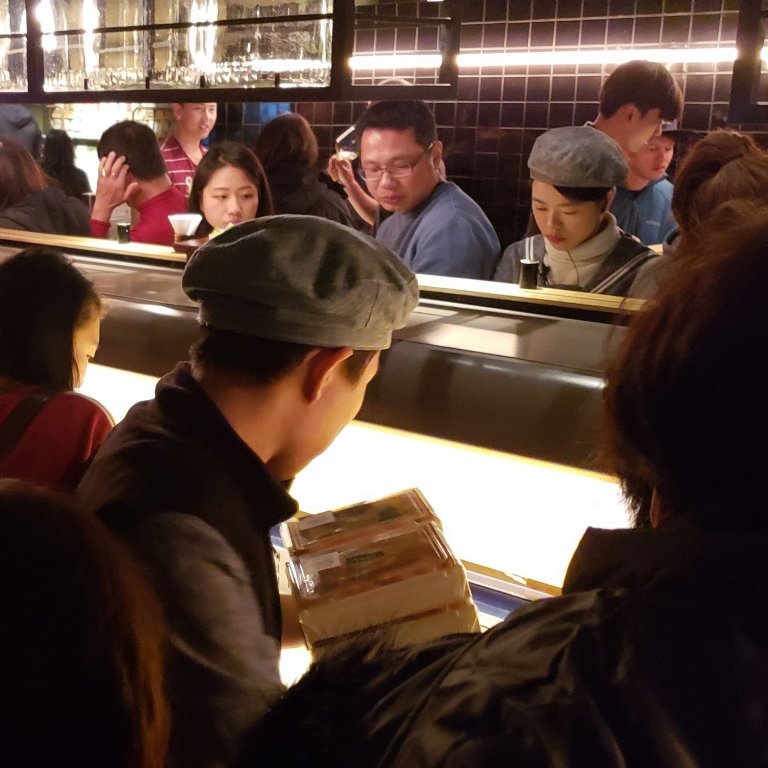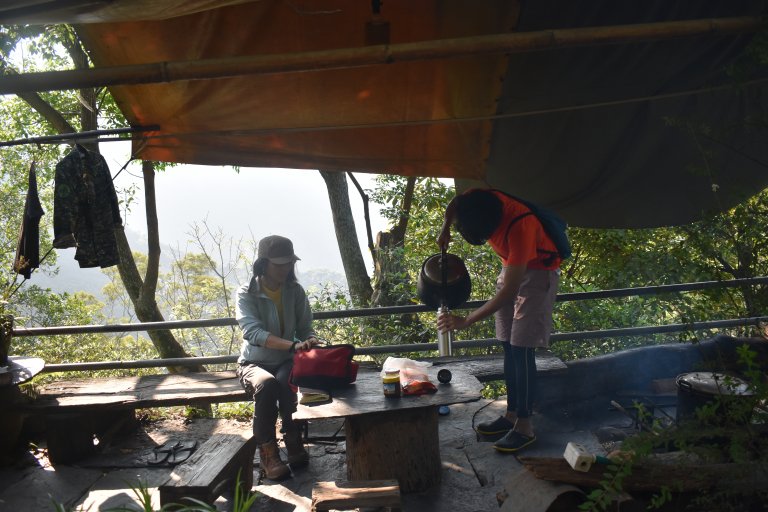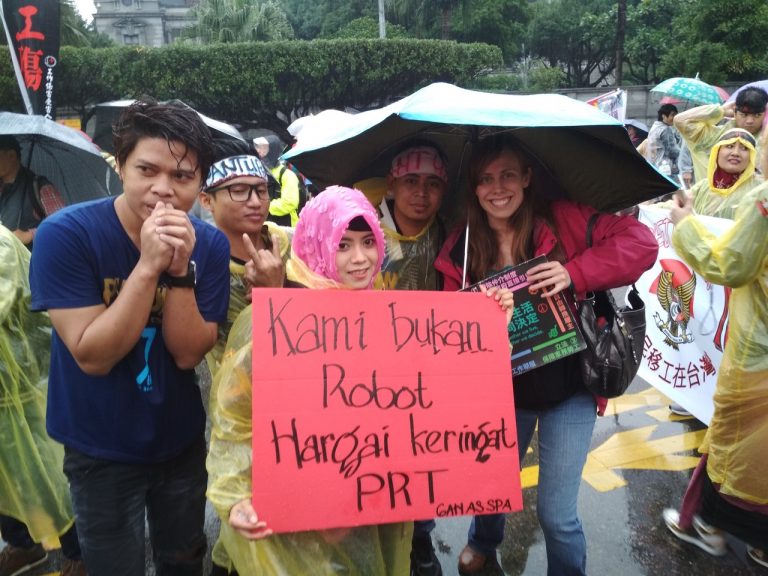
南方之北,西方之東
但問起一般美國人對北卡的印象,仍舊與傳統南方、菸草與棉花緊緊連在一起。曾經是美國棉花帶(Cotton Belt)的一部分,直到1865年南北戰爭結束,北卡州內的36萬的美國黑奴才獲得自由。蓄奴制度與南方邦聯(the Confederate States of America)的歷史緊緊糾纏,直到現在跟美國的朋友談話,南方邦聯仍是一個很重要的參考點。

但問起一般美國人對北卡的印象,仍舊與傳統南方、菸草與棉花緊緊連在一起。曾經是美國棉花帶(Cotton Belt)的一部分,直到1865年南北戰爭結束,北卡州內的36萬的美國黑奴才獲得自由。蓄奴制度與南方邦聯(the Confederate States of America)的歷史緊緊糾纏,直到現在跟美國的朋友談話,南方邦聯仍是一個很重要的參考點。

This year in Taiwan has been a captivating journey of learning, development, and acceptance. When I first arrived in Taiwan, my initial impulse was to

“中白鷺的腳腳和嘴巴是黃的. 大白鷺有黑色腳腳, 黃色的嘴巴.” Intermediate egrets’ feet and mouths are yellow. Large egrets have black feet, yellow mouths. 白熊 patiently explained the differences between the large

When I submitted my research proposal during the Fulbright application process, I understood that the architectural sites of the Taiwanese indigenous Rukai and Tao people

本研究聚焦於探討精熟動機概念的文化差異。本人所前往之機構為美國科羅拉多州立大學(CSU),在地合作的研究者為該校 Department of Human Development and Family Studies (HDFS)之 Professor Karen Barrett。Dr. Barrett 不論在精熟動機研究領域(e.g., Barrett & Morgan, 2018; Wang & Barrett, 2013; Barrett & Morgan, 1995; Barrett, Morgan, & Maslin-Cole, 1993) 以及社會情緒發展研究領域 (e.g., Barrett, Fox, Morgan, Fidler, & Daunhauer, 2013)皆有崇高之學術地位,且亦嫻熟於跨文化社會情緒發展的議題(e.g., Józsa, Wang, Barrett, & Morgan, 2014; Wang & Barrett, 2015)。

Although I have lived most of my life in China, my Fulbright scholarship was the first time I had been to Taiwan. I

This project, “Picturing Animals in Paris: Manet’s Bestiary and Naturalism” was conducted from August 2015 through July 2016, and made possible by the generous research

環境和生態危機的克服,需要的不只是知識和技術,還需要信念、規範和實踐,並將人類與物種和自然重新連結。啟蒙以來的現代化思維獨尊人類主體性,割裂人與自然世界整體之關聯。中國哲學和東方宗教不具此一主客分立、獨尊人類主體(主宰性)的特性。

It is astonishing to me how quickly these nine months have gone by in Taiwan. This semester in the remote hills of Tainan,
![Photo by Artemas Liu (Flickr: Sunflower student movement in Taiwan) [CC BY 2.0 (https://creativecommons.org/licenses/by/2.0)], via Wikimedia Commons](https://journal.fulbright.org.tw/wp-content/uploads/2018/08/011e88ef4a8328e08be9d913808b8290-768x512.jpg)
“Say goodbye to Taiwan,” wrote political scientist John Mearsheimer in a widely read article in the March-April 2014 issue of The National Interest.1 Threatened by China’s rising
